It happens all too often, an incredibly talented minority and their contributions go unrecognized and un-honored, and just that happened to Ann Lowe. You would imagine that the designer of Jackie Bouvier’s bridal gown that she wore to marry President John F. Kennedy in 1953 would be the talk of the town, but when Kennedy was asked about the designer she simply responded with, "a colored dressmaker did it." Ann Lowe was the first wildly successful and yet too often forgotten African American fashion designer to America’s elite, Hollywood stars and first ladies. Today, we honor her and her legacy. You may have never heard of her, but you have certainly seen her work and felt her design influence in fashion.
Ann Lowe was a pioneer in the fashion industry that fought against racial discrimination her entire life but had talent pouring out from her. Coming from very humble beginnings, Ann was born in Clayton, Alabama in 1889. Her knack for sewing was passed down to her through her mother and grandmother who were both seamstresses catering to the elite families of the Montgomery community. Following the untimely passing of Ann’s mother when she was 16, Ann replaced her mother’s role in the family’s budding seamstress business. Her first commissioned dress was for the First Lady of Alabama, but Ann had bigger dreams and set her sights on New York City.
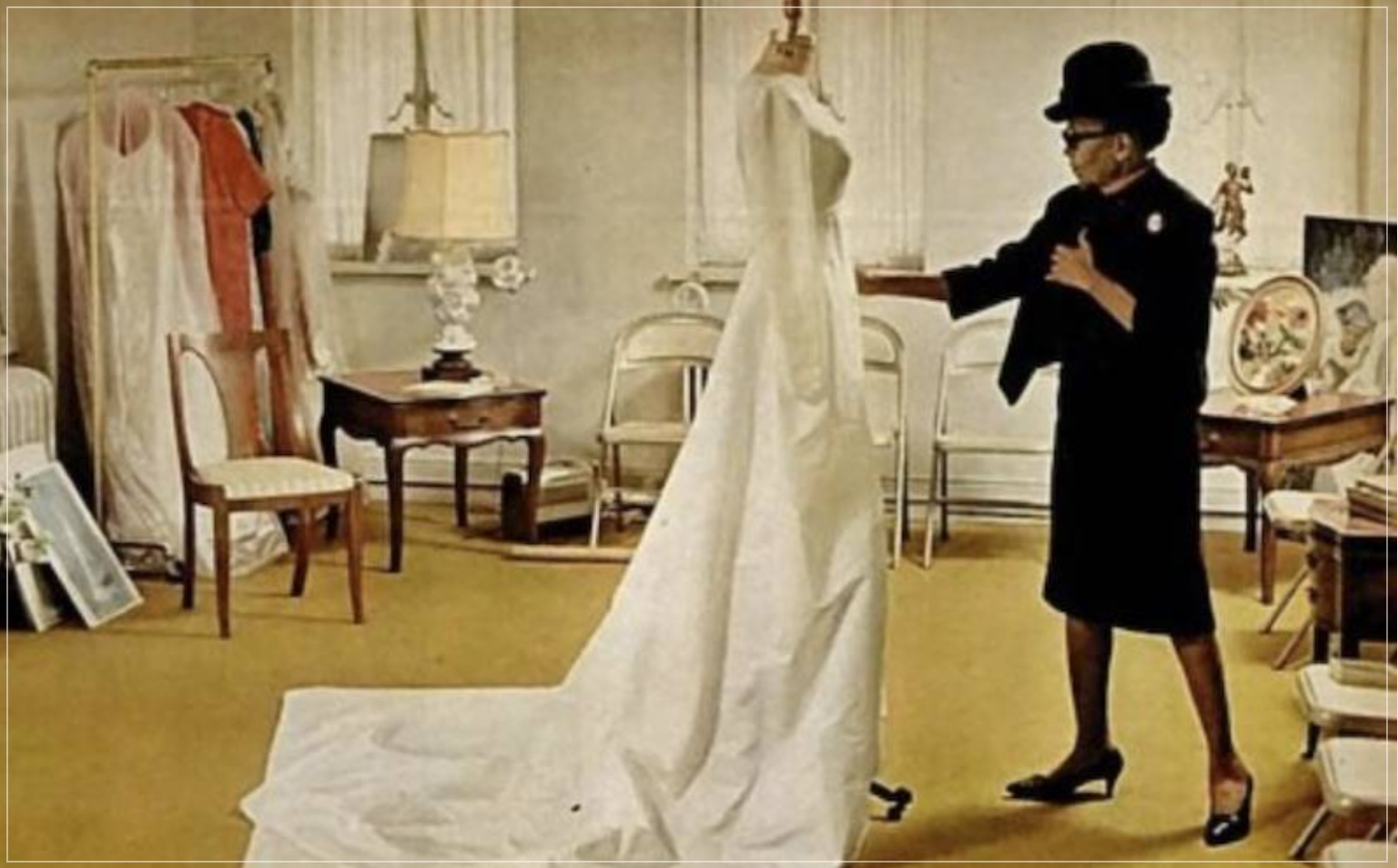
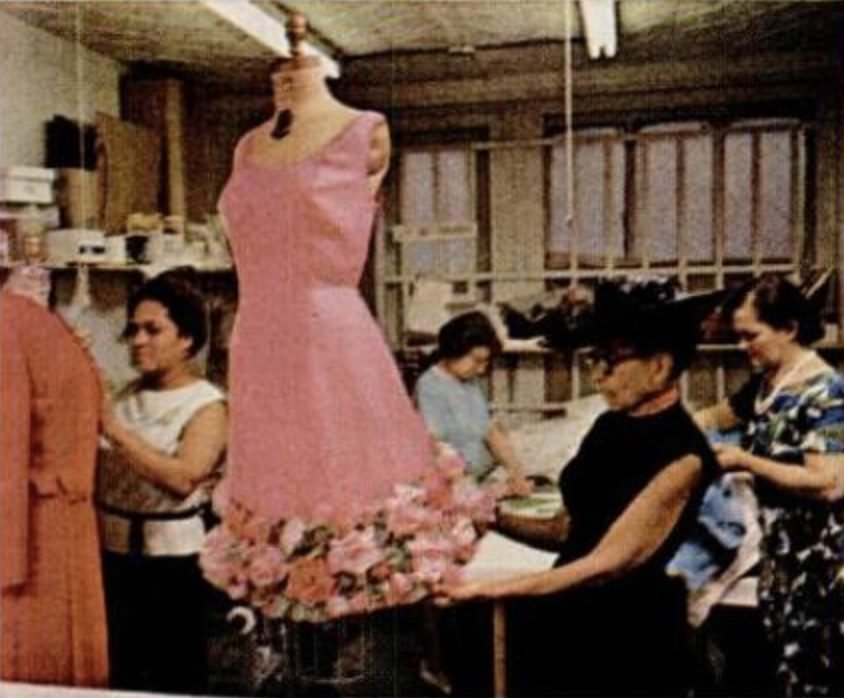
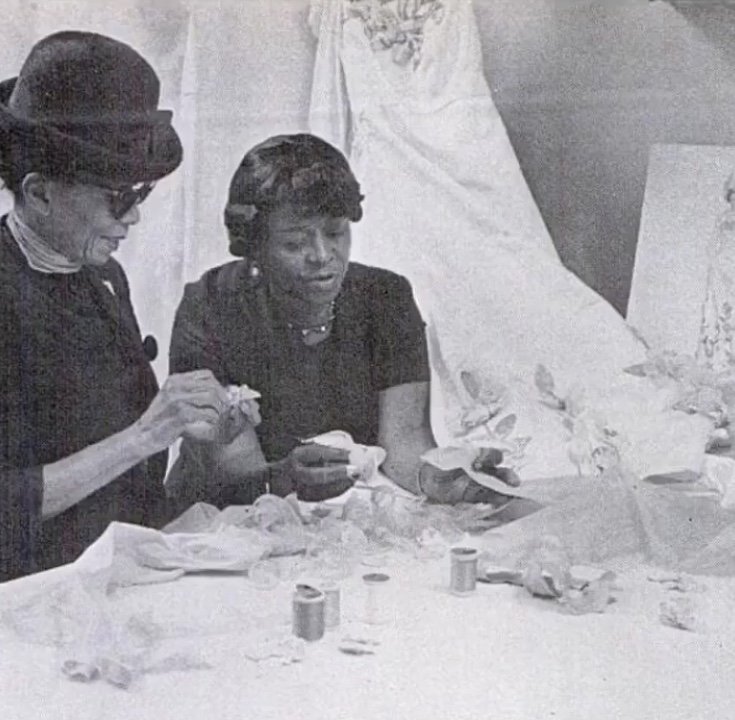
In 1917, Ann and her son moved to New York City where she became a student at the S.T. Taylor Design School, where she was segregated from the other students and was made to study and attend classes in a room on her own. After only attending school for half a year, her artistry spoke for itself, and she surpassed her peers, and she was eligible to graduate. Ann would go on to design dresses for the elite women of society and worked with some of the largest department stores in America on commission, such as, Henri Bendel, Neiman Marcus, and Saks Fifth Avenue.
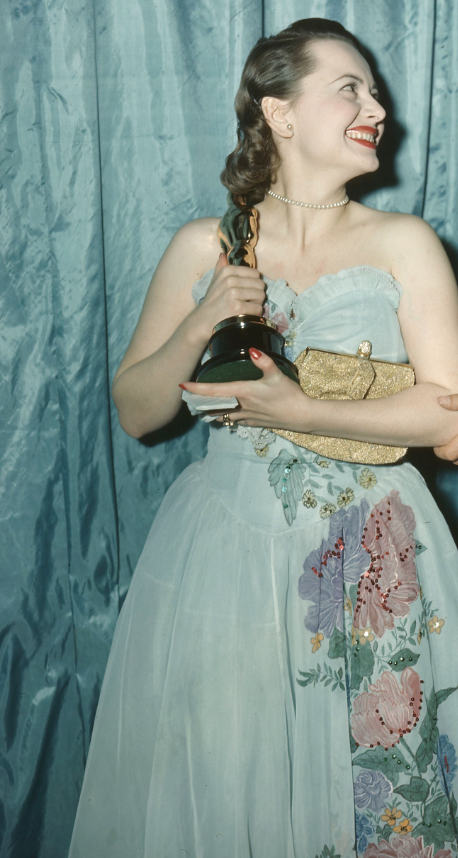
While you would imagine such success would come with much admiration, when she designed the gown that Olivia de Havilland wore when she won the Academy Award for Best Actress in 1946, the name on the dress was listed as Sonia Rosenberg…
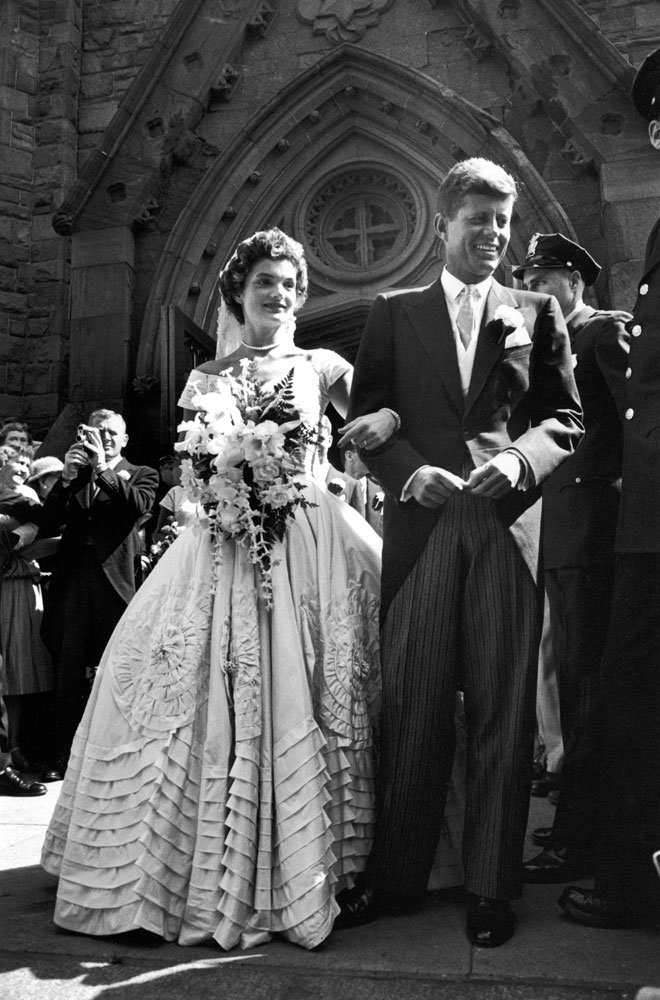
In 1950, she opened her own dress salon in New York City, self-named 'Anne Lowe’s Gowns' and by 1953 she was commissioned to design and create the wedding dress that future First Lady, Jackie Kennedy Onassis, would wear to marry President John F. Kennedy. In addition, Lowe designed the bridesmaid’s dresses, adorning the women with 10 beautiful handmade pink taffeta dresses. Rumor has it that upon her delivering the gowns to the bridal party in Newport, Rhode Island, the staff at the estate told her that she must enter through the back, to which she replied, "I'll take the dresses back [to New York]”, and she marched through the front door instead.
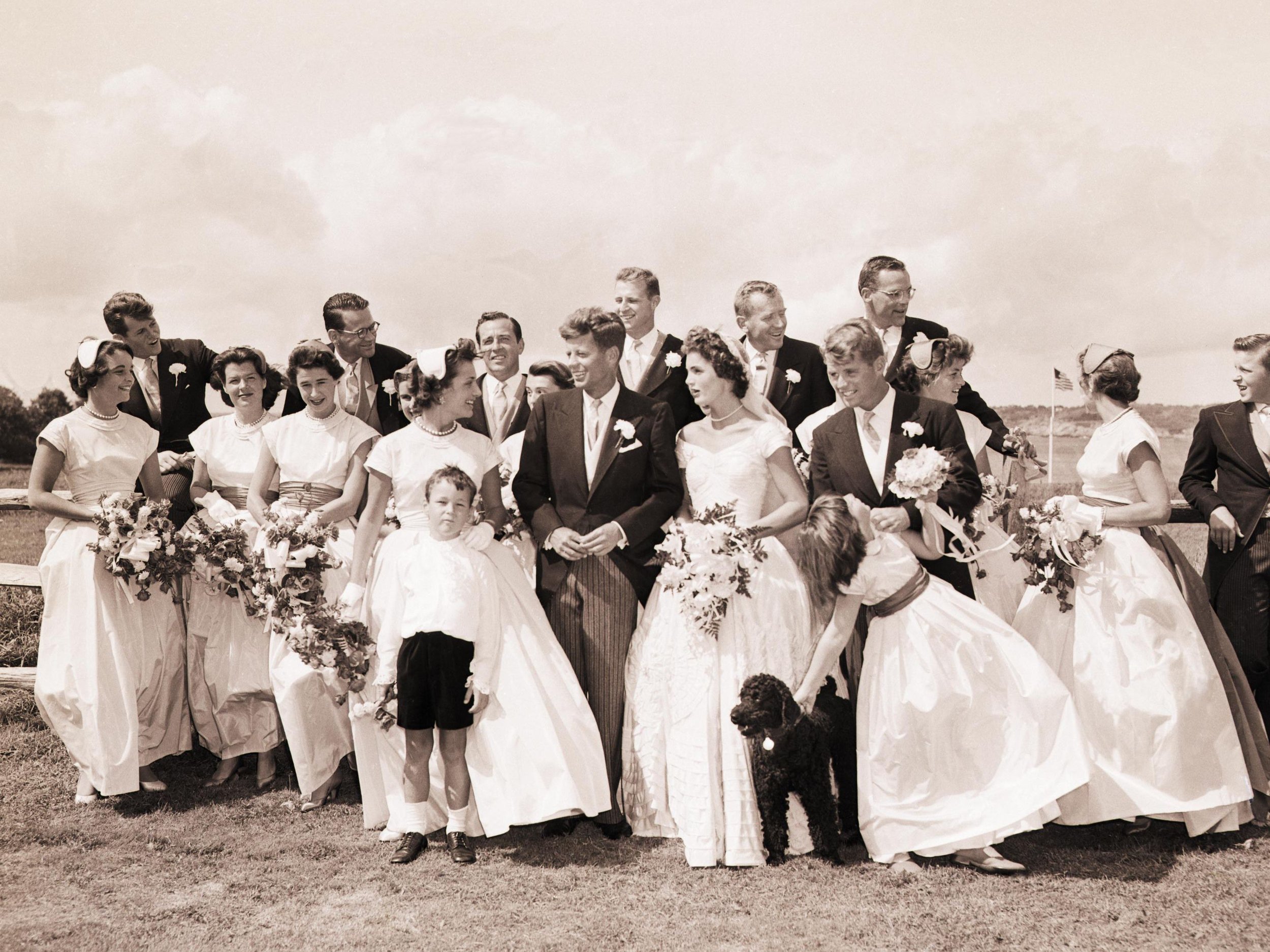
By the 1960’s newspapers and magazines were dubbing her, “society’s best kept secret” and “the Dean of American Designers”. Following some notoriety, the relatively uncelebrated Queen of Couture Gowns passed away in 1981 but will be remembered in history as the first distinguished fashion designer of color in America who paved the path for generations of talent that followed in her light.
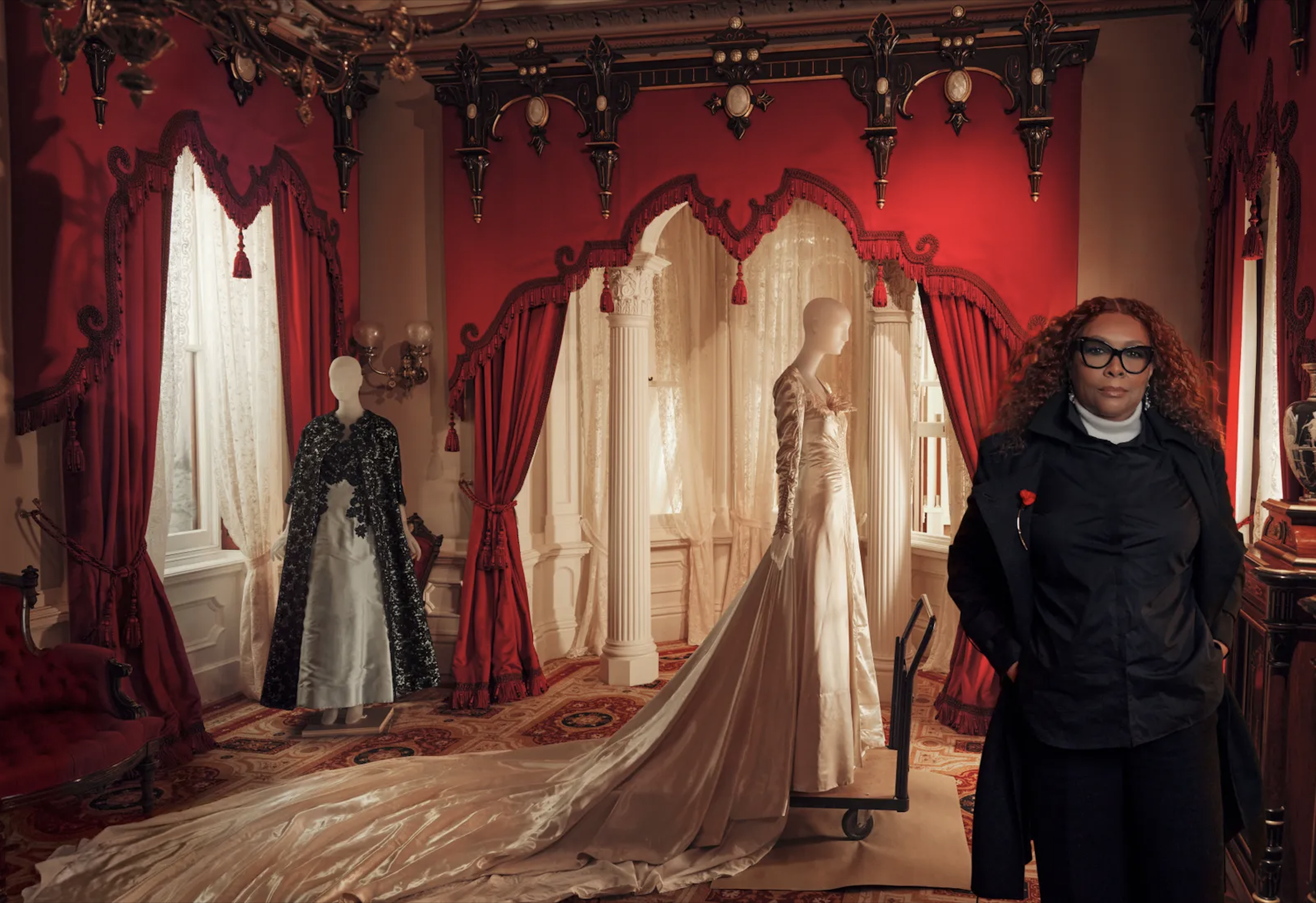
Director Julie Dash in the Renaissance Revival Room with an Ann Lowe evening ensemble (manufactured by A. F. Chantilly Inc.), circa 1966, and a 1941 wedding dress. Photographed by Annie Leibovitz, Vogue, May 2022
This year, The Costume Institute of the Metropolitan Museum of Art is giving Ann Lowe’s work a moment in the spotlight it deserves. A handful Lowe’s couture looks will be available for viewing in the exhibition, titled “In America - An Anthology of Fashion.”